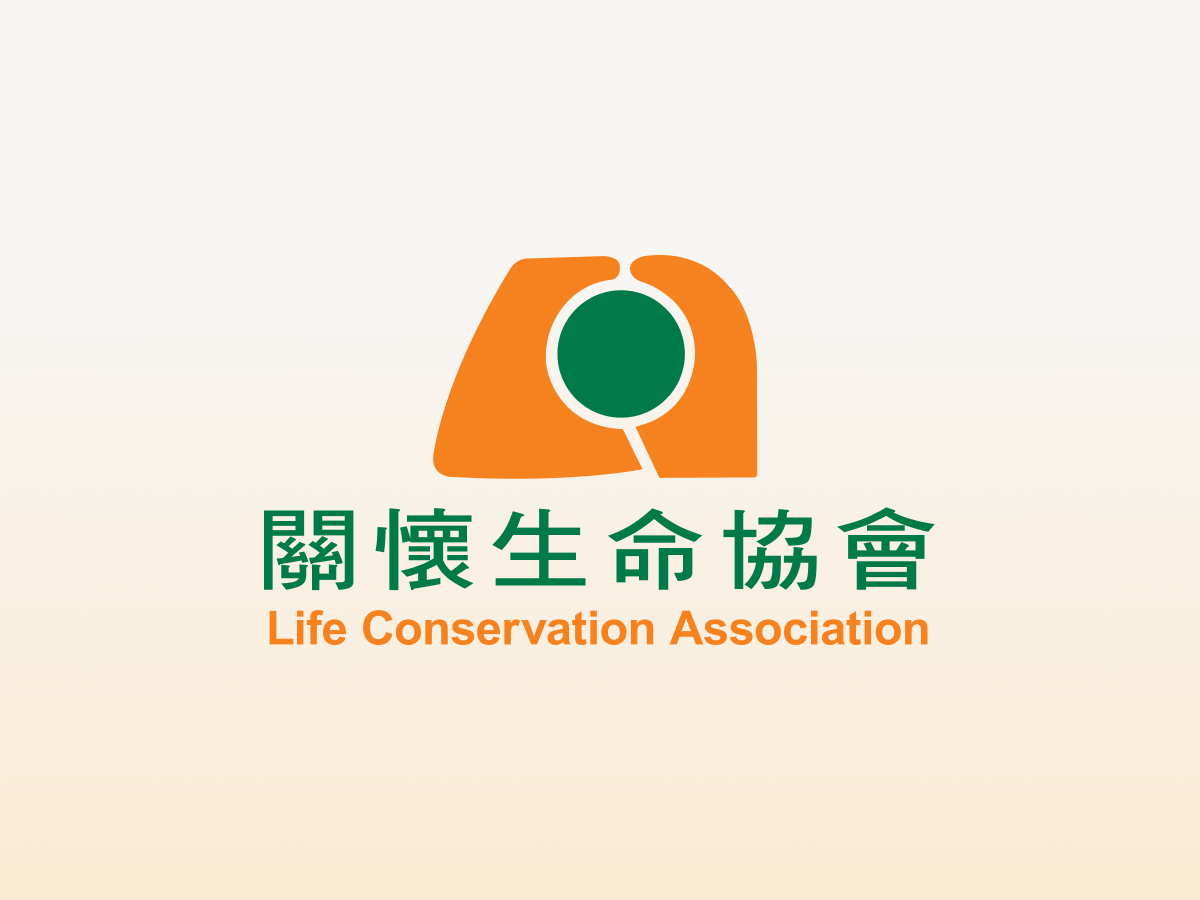
近來,有關國家公園到底該不該開放原住民狩獵,引起保育團體之間的熱烈討論,有贊成適度開放者,有認為開放不宜者,以敝協會的觀點來看,相對於原住民的興高采烈、額首稱慶,國家公園開放狩獵對於自由無懼悠遊於園中的野生動物,卻是一件極大的苦迫,因為這意味著,牠們將失去國家公園這最後一塊的野生動物「特赦區」。
近來,我們也接到一些山友的反應,他們對於山林中隱藏的捕獸陷阱,心裡懷著很大的恐懼,因為捕獸陷阱是「一視同仁」、「來者不拒」的。國家公園的邊緣更多的是陷阱,因為那裡的野生動物比較多。所以,如果不幸走失的山友,身陷於叢林當中,不但有迷失的危險,更大的是捕獸陷阱帶來的生命威脅。如果連國家公園都開放狩獵,爬山的山友也將失去最後一塊安心探勘之地了。
我們並非歧視原住民文化,因為,即使是漢民族任何給生命帶來恐懼、苦迫的文化,例如抓春雞、捉泥鰍、生吃猴腦、活燙鵝掌,我們也是站在同樣的立場。所以,面對原住民對國家公園開放狩獵的要求,我們實在沒有立場不發出一點不一樣的聲音。
我們並不是「只見牛不見羊」,只看到動物的弱勢,沒看到弱勢的民族,不同情原住民族的長期居於弱勢,但是,原住民族的權益已大有人在積極爭取,也有很多發聲管道,雖然爭得辛苦,也已日漸獲得政府的重視、社會大眾的同情,如果此時,我們不站出來為沒有選票、不會說話的動物,替他們爭取最後僅有的一塊安居地,還有誰會替動物發言呢?
敝協會也認為,「狩獵」與「保育」之間,並非二選一的排中命題,因為,這兩者之間「異曲同工」,歧異實在不大,目的都是為了恢復人類對於野生動物的利用,還是不脫以「人」為中心的思考格局。因此,保育團體面對這個問題,如果不從「保育」過渡到「動物保護」,站在動物本身的生存權益來看待問題,要反對「狩獵」,可能立場就不是那麼站得住腳了。所以我們提出呼籲--請替野生動物保留最後一塊淨土,因為,國家公園不是原住民及當地居民唯一可以狩獵的區域,卻是台灣野生動物的最後一塊「特赦區」。
我們也了解,要原住民放下狩獵,在目前是不可能的事情,所以,我們也沒有要求「不准」原住民狩獵,而只是「謙卑地」要求「國家公園」不要開放狩獵。現在,除了國家公園以外,還有哪個地區不准原住民狩獵呢?原住民狩獵已是到處存在的事實,如果連國家公園也放行狩獵,野生動物在台灣,簡直沒有任何「無有恐懼」的喘息之地了。
再談到原住民的狩獵傳統,隨著科技、行銷工具的進步,還有傳承的中斷,現在的狩獵,多是擎著槍彈、山林裡散放捕獸器夾,或以種種材料架設的陷阱,相對於傳統的刀矛弓箭、草木石塊乃至徒手,人獸之間「公平搏鬥」的素樸方式,早已是面目全非。工具都不一樣了,哪還叫「傳統」?如果是基於傳統文化的保存而開放狩獵,也許該要求使用傳統工具,以還原傳統狩獵的原貌,以及原住民與野生動物之間,公平而素樸的競爭方式。否則,現代原住民的「新狩獵文化」,不但是野生動物的浩劫,也一樣是原住民族失根的悲哀。
而且,何謂「傳統文化」及「風俗」?界定太過模糊,由誰來界定?如何鑑定這位原住民及當地居民是基於「風俗」因素而狩獵,還是基於「經濟」因素而狩獵?在原住民傳統文化祭典「觀光化」的現況之下,基於「傳統文化及風俗」而狩獵,實際上已兼具有「觀光經濟」之效益,兩者根本無法截然劃分。而且,為什麼原住民可以狩獵,平地人就不可以?目前,就有許多人對於開放「觀光狩獵」躍躍欲試,可以想見的是,以平地人強大的政商勢力,未來,狩獵傳統要不變形也難。因此,國家公園法修正草案實有大開「觀光狩獵」後門之明顯嫌疑,屆時,原住民的狩獵傳統也將成為有心人的「商業利益」,原住民朋友們宜三思。
原住民朋友建立「新狩獵文化」的努力,想拾回獨特的民族智慧並加以保存,想要在狩獵傳統中,擇出不遜於現代保育思潮的質素,意圖重建民族的自尊心,種種心智上、實質上的努力,令人尊敬與讚嘆。但不可否認的,其中的確許多來自於現代西方保育思潮以及歐美國家原住民經驗的刺激。然而,西方文化向來當人類是萬物的「轄制者」,這是一種「人類沙文主義」的優越感,站在「人類本位」的立場,把野生動物當作人類利用的資源之一。若依資源「永續利用」的觀點,只要該項野生動物已非瀕臨絕種,則對其保護自可撤銷,若繁殖過多則加以撲殺,以維持自以為是的「生態平衡」。這種人工操作,是不是已經真的掌握宇宙生態的奧秘?是否會帶來無從預知的另一種生態失衡的後果?原住民最後會不會變成漢民族操弄自然的那雙「手」?恐怕只能有待歷史檢驗了。
Parks must be a refuge for wildlife, not hunters
By Sakya Chuan-fa 釋傳法
Recently, the issue of whether national parks should be opened up to Aboriginal hunters has ignited intense debate among conservation groups. The view of the Life Conservationist Society on this issue, in contrast to the ebullient reaction from Aborigines, is that opening up national parks to hunting will greatly oppress the wildlife therein. Limiting the ability of wildlife to roam freely through the parks, the decision means that park animals will lose their last wildlife "sanctuary."
Of late, we have also received some reactions from hikers on this issue. They are very afraid of the animal traps that lay hidden in mountain forests, because such traps treat all species equally. There are even more traps near national park borders, as more wild animals tend to frequent those areas. If the park lands are opened to hunting, hikers fear they will lose a piece of land where they feel safe exploring.
We're not discriminating against Aboriginal culture. We oppose activities by any cultures that cause fear and oppression to life, including the Han Chinese practices of catching "spring chickens" (whereby people buy live chickens and let them loose in an area for catching game), digging up worms, eating the brains of live monkeys, or boiling the feet of live geese.
We're not singling out the Aborigines, seeing only disadvantaged animals while ignoring disadvantaged Aborigines. But there are people already fighting for Aboriginal rights and there are many channels through which Aborigines can voice their concerns. Although the Aborigines' struggle has been hard-fought, their cause has gradually won government attention, and the sympathy of society. If we don't stand up now and strive to preserve the last remaining safe haven for these animals -- who have no means to vote or speak up for themselves -- who will?
Actually, the issues of "hunting" and "conservation" aren't so black and white. The two causes essentially play the same tune on different instruments. Their common goal is to renew the use of wild animals by humans, which makes them both examples of "human-centered thinking." Thus, if conservation groups don't make the cross-over from "conservation" to "animal protection," and look at problems from the perspective of the animals' right to survival, then opposing "hunting" becomes a much less tenable position. We ask that this last "pure land" be set aside for the animals. Though national parks are not the only area where Aboriginal and local residents can hunt, they are the last remaining "asylum" for Taiwan's wild animals.
We also understand that asking Aborigines to abandon hunting is impossible at present. We thus didn't demand they be "forbidden" from hunting, but rather modestly requested that national parks not be opened for hunting. Is there no other place where hunting can occur?
Improvements in technology and advertising, plus the failure of traditions to be passed down, have changed Aboriginal hunting traditions. Most hunters today either use guns or set up animal traps of all kinds around the forest. Compared to the traditional knife, spear, bow and arrow -- or even bare hands -- the simple way of the "fair fight" between man and beast has all but disappeared. If the decision to open the parks to hunting is predicated on the preservation of traditional culture, maybe it should be demanded that traditional tools be used, so that the original appearance of traditional hunting can be restored. Otherwise, the "new hunting culture" of modern Aborigines will not only be a catastrophe for wild animals, but will become a cause of grief among the Aboriginals themselves, as they will witness the disappearance of their roots.
Translated by Scudder Smith
--原刊於Taipei Times, Dec 24, 2000,Page 8